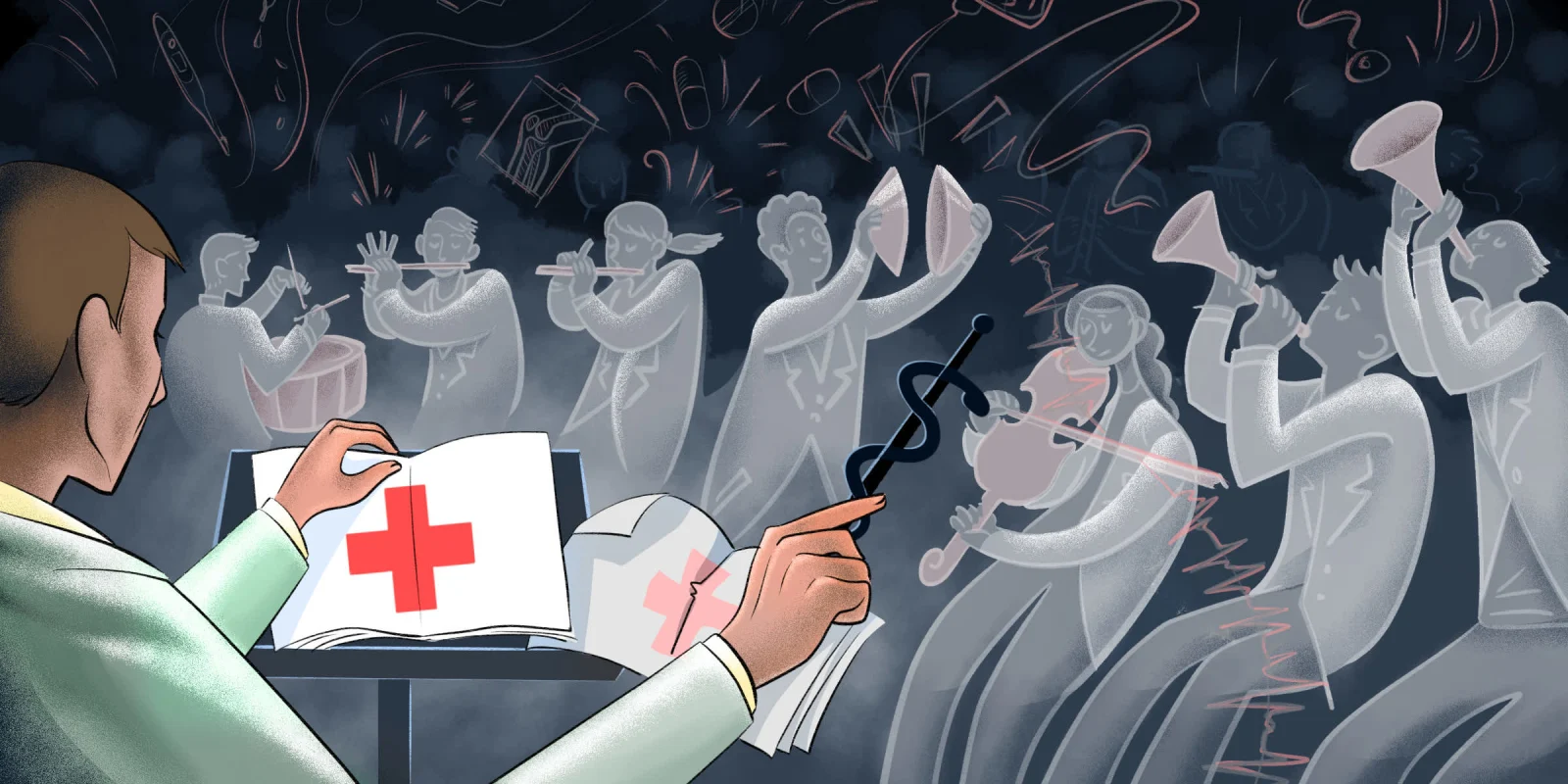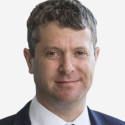I often get asked by clinical leaders for guidance on whether to accept a new job offer or promotion. I also meet them when a job doesn't work out as planned, and they want to process their exit from a leadership role and/or organization.
It's a familiar experience, as I've held C-level roles for variable tenures, spanning from two to 10-plus years. It turns out the turnover for clinical executives is much higher than their non-clinical counterparts — nearly half of CMOs have a tenure of fewer than two years, whereas the average tenure for CEO is 7.6 years.
Some turnover is healthy, but the incredibly high rate of churn for clinical executives is alarming and adversely impacts individuals and the organizations they serve. As I've reflected on my career journey, the biggest predictor of my job satisfaction (and ultimately longevity) was "fit," or the degree to which my personality (thinking style, behavior, interests, etc.) matched the job and work environment.
But a deep understanding of oneself as a clinical leader, let alone the ability to assess one's fit for a high-stakes job, requires intentional focus and effort (and are areas in which we receive little, if any, formal training). To gain additional perspectives on how to navigate these issues, I spoke with 10 respected C-level clinical executives across diverse organizations, spanning care delivery, health insurance, and venture-backed companies.
My conversations underscore the challenges clinicians face in acquiring the skills required to be effective leaders. This resonates with me, as I recall pivotal moments in my career when mastering critical leadership skills, such as managing relationships with board members, felt more like "trial by fire," where the high-stakes nature of the endeavor left little margin for error. I was fortunate to have a good executive coach and mentors, although more preparation would have been ideal and reduced the risk of a "catastrophic" mistake.
Like me, my peers spoke about the difficulty in assessing one's "fit" for a new executive job. The recruiting process can feel impersonal and transactional. More problematic is that a recruiter's incentive (to fill a role) is not aligned with the candidate's (to find a right-fit role that they will enjoy and excel at). Like my peers, I lean on my own intuition and a robust peer network to help me assess opportunities. But this can lead to blind spots, especially around important data points such as the organizational culture, management style of a future boss (often the CEO), and the relationship between the CEO and board of directors.
My peers emphasized the importance of being intentional and proactive about one's development; they highlighted the role of mentorship, executive coaching, and "built-in" opportunities to learn (e.g., observing and learning from peers). Early in my career, I created an executive dashboard with my own mission statement, vision, values, unique differentiators, strengths, and development opportunities. While my goals have evolved, my core values haven't budged (which should be true for most people). My values guide key decisions, including not only which jobs to take but which ones to leave. I worked regularly with an executive coach during the formative parts of my career, which was invaluable. It helped me develop deep insight into my thinking style, behaviors, and interests; prioritize development areas; and better define my career goals.
Being intentional about how you evaluate new job opportunities is also critical. While I take calculated career "risks," I don't leave critical issues to circumstance. It's important to treat the interview process as a two-way street (versus just you under the microscope). Prioritize what is important to you and ask the hard questions (and don't make assumptions). For example, early in my career, I assumed if an early-stage company had raised significant capital from a prominent venture capital firm, then the business plan must be sound. In the process, I short-changed my own diligence, only to discover fatal flaws down the road. Pay special attention to certain areas, including 1) strength of the C-level team and how they work together, 2) board dynamics, including their relationship with the CEO and what authority they have over appropriate clinical decisions, 3) culture – How is the CMO role and clinical organization viewed? Is there tension with other parts of the organization and if so, why? Does it report to the CEO? and 4) the personality and leadership style of your future boss and how they manage conflict and difficult decisions. This is especially important when there is a significant difference in thinking styles or behaviors. For example, I am highly autonomous and avoid bosses who are very dependent (i.e., needy), whereas I'm willing and able to flex around other dimensions.
It is also important to objectively assess your "fit" for a potential role, which is ultimately the best predictor of your future engagement and longevity. Start by ensuring you have a thorough understanding of the requirements and key success factors for a new role. Too often, organizations won't have this fleshed out, so you may need to help them fill in the gaps. Compare this with your total person assessment to develop an objective assessment of fit. There are methods to help with this process (which often incorporate psychometric instruments), although few search firms or employers use them (or do so effectively). I didn't incorporate this approach until much later in my career and would have benefitted from starting sooner.
The career challenges faced by clinical leaders are significant but not insurmountable. Being more intentional about how you approach your leadership journey and assess new job opportunities will help you navigate these complexities and position yourself for long-term success. You will be far more likely to identify "right-fit" leadership roles in which you feel engaged, fulfilled, and do meaningful work that has impact.
Dr. Glickman is a highly experienced senior health care leader with diverse experience, including as a clinician, researcher, senior executive at large provider and payer organizations, and serial entrepreneur.
Illustration by April Brust







